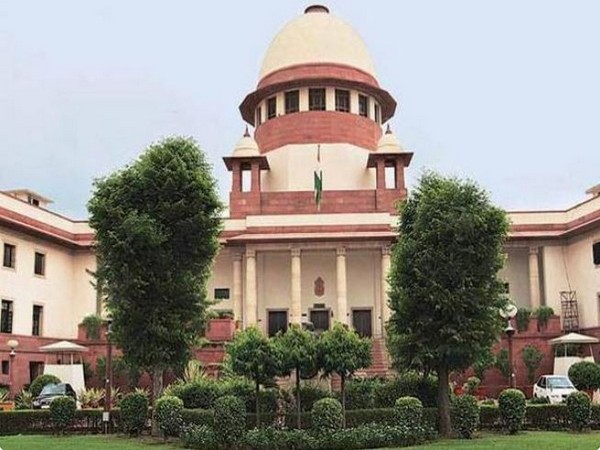Assam's Sonapur demolitions: Contempt petition filed in Supreme Court against eviction drive
Over 40 Assam residents filed a contempt plea in the Supreme Court, alleging willful violation of its interim order halting demolitions without prior permission.

- Country:
- India
Over 40 residents of Sonapur area of Assam have moved the Supreme Court, alleging willful violation of the court's interim order dated September 17, which directed that no demolition should take place across the country without prior permission. In a plea filed through advocate Adeel Ahmed, the petitioners sought to initiate contempt proceedings against the alleged contemnors "for committing gross, deliberate, and willful contempt" of the Supreme Court's order dated September 17.
The Supreme Court had said earlier this month, as an interim measure, ordered that until the next hearing, no demolition should occur anywhere in the country without the court's permission. However, the court clarified that the order would not apply to unauthorised structures in public spaces, such as roads, streets, footpaths, railway lines, or water bodies, or in cases where a court had ordered demolition. The petitioners argued that local authorities violated the court's order by beginning the eviction process. They claimed that authorities had placed red stickers on their homes without providing any notice or formal communication regarding the eviction or demolition.
The petitioners, including Faruk Ahmed, have stated that they have been living in the villages of Kachutoli Pathar, Kachutoli, and Kachutoli revenue village in Sonapur mouza, Kamrup Metro district, for many years. They added that they occupy the land under a deed of Power of Attorney executed by the original pattadars (landowners). Though they do not hold ownership rights, the petitioners emphasised that the Power of Attorney is legally valid, allowing them to reside on the land. The petition also referred to a Gauhati High Court order dated September 20, 2024, in which the Advocate General provided an undertaking that no action would be taken against the petitioners until their representations were disposed of, following the Supreme Court's February 3, 2020 order.Despite this, the authorities allegedly marked the petitioners' homes for eviction without prior notice, the plea said.
The petitioners have claimed that they have peacefully lived on the land for over seven or eight decades, without any dispute with the neighbouring tribal or protected communities.The petitioners further asserted that, contrary to the authorities' claims that they are illegal occupiers of tribal land, they have been allowed to reside there by the original landowners, many of whom belong to protected classes. They clarified that the land was never sold to them, and they have never claimed ownership.According to the petitioners, they and their ancestors have been registered pattadars of the scheduled lands since the 1950s, well before the area was designated a Tribal Belt.The case is listed for hearing on September 30 before a bench comprising justices B.R. Gavai and K.V. Viswanathan. (ANI)
(This story has not been edited by Devdiscourse staff and is auto-generated from a syndicated feed.)










